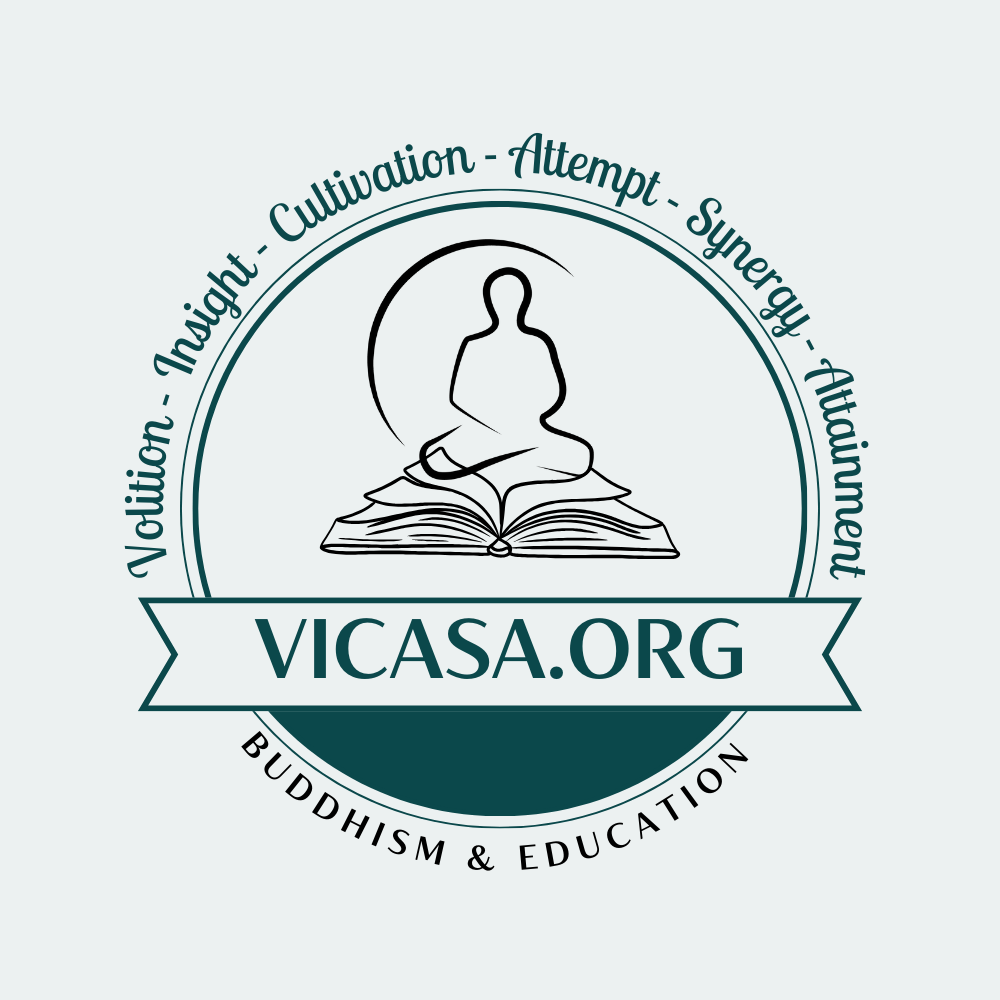There is no path to success that is full of roses.
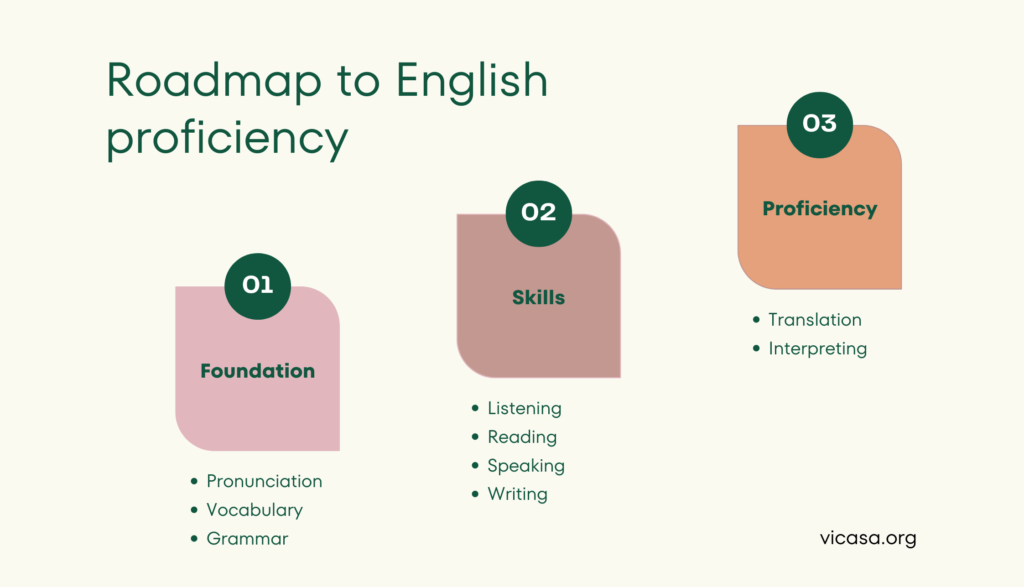
To become proficient in a language includes three primary indispensable stages:
A. FOUNDATION
B. SKILLS
C. PROFICIENCY
The initial one refers to FOUNDATION, comprising Pronunciation, Vocabulary, and Grammar. This foundational stage is viewed as the root base for the second stage of acquiring SKILLS: Listening, Reading, Speaking, and Writing. A learner will fail to accumulate those skills without absorbing the first foundational stage. Lastly, having built the stable knowledge of the first two stages, learners will challenge themselves with the mastery stage of PROFICIENCY: Translation and Interpreting, as they are the highest ones of the language learning process.
A. FOUNDATION
To have mastery of the English language, learners need to promote their input (Listening + Reading) to generate corresponding output skills in Speaking and Writing to express what they want. In the foundation phase of PRONUNCIATION, VOCABULARY, and GRAMMAR, let’s learn in order so as to save time with Pronunciation first. Due to mastering basic pronunciation, when moving to the next step, learning vocabulary, they can pronounce the words they have acquired correctly. Pronunciation is the prerequisite along with vocabulary and grammar to create Speaking output.
The process of learning pronunciation will certainly be associated with vocabulary, so focus on loading lots of vocabulary in the next step to prepare each brick for constructing the core foundation. The final step in the foundation phase is absorbing grammar, as it will be struggling to build complete sentences without vocabulary.
Vocabulary and grammar will be the primary prerequisites to create Reading output. If you only study vocabulary and grammar, you will only get Reading and Writing results. However, to speak fluently, you must be stable in pronunciation, vocabulary, and grammar.
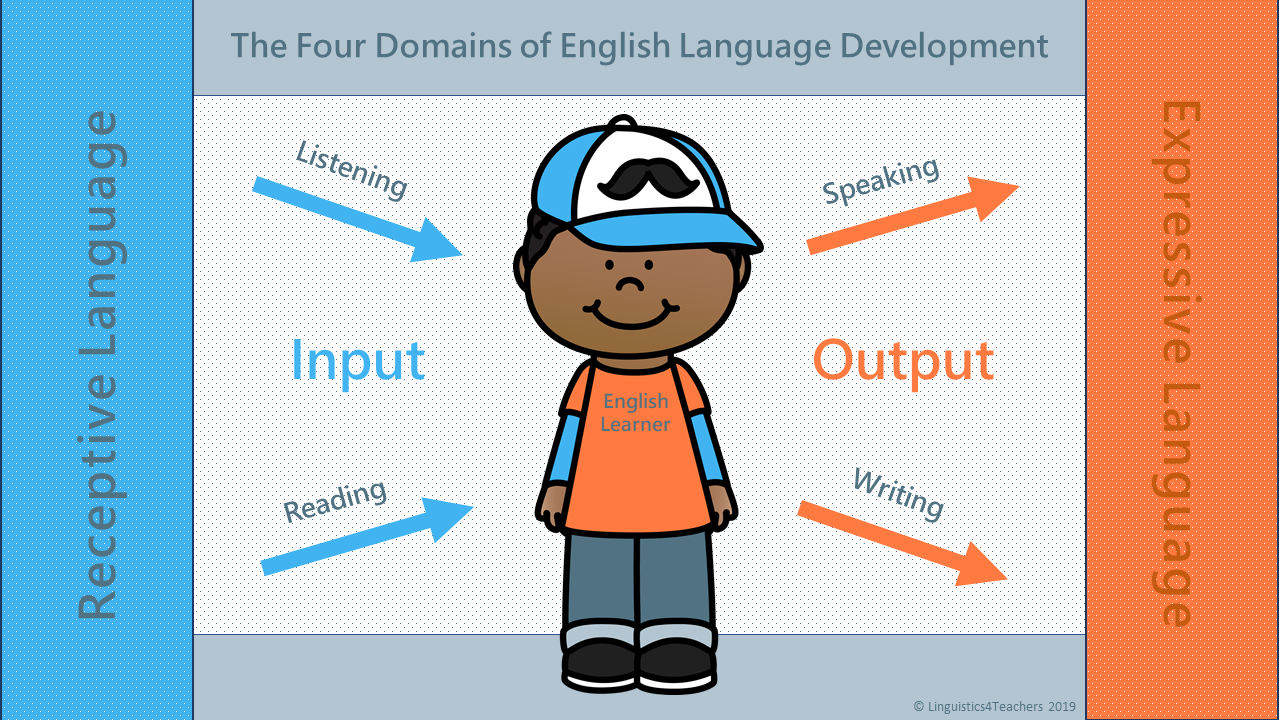
1. Pronunciation
Good pronunciation makes a good impression.
—MILENE
Pronunciation is one of the highly significant initial stages for starters. After practicing the pronunciation of 44 IPA characters (International-Phonetic-Alphabet: international phonetic symbols), students can independently read the pronunciation of vocabulary when looking up in the dictionary, pronounce it correctly, as well as identify more precise sounds when listening to native speakers. This step contributes to the primary support for the listening stage and helps the learner speak more confidently.
- In the beginning process, when we want to pronounce a word, we should look it up in the dictionary to know how native speakers pronounce it and avoid stating it based on personal experience.
- You can learn pronunciation on some applications on your smartphone to check your voice, such as ELSA Speak, FluentU, Pronunroid, English Pronunciation, Say It, Sounds, or Learn English Pronunciation.
We should require someone with good pronunciation to review our pronunciation skills, or we must invest in a pronunciation course to improve the quality more productively. This is an incredibly indispensable core and foundation stage to surpass the barrier of learning English, as frequently, we are afraid to use English to communicate due to being shy and embarrassed in front of a crowd when we pronounce it incorrectly with a dreadful voice.
Once you can set up a stable foundation, you can learn to pronounce different accents to understand native speakers from many places (British English, American English, English Australian, or Canadian English). However, initially, you must select one accent type to maintain practice.
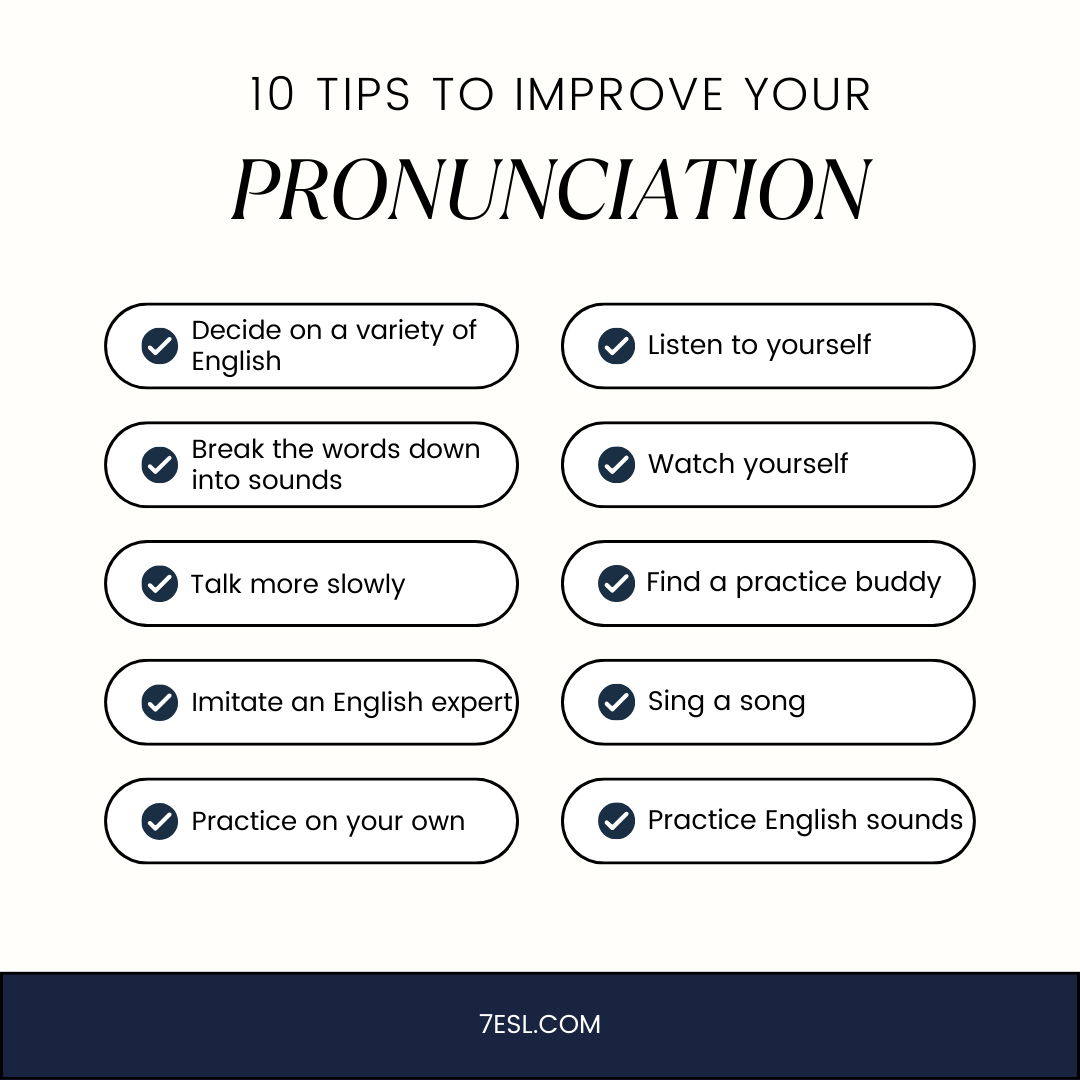
2. Vocabulary
A man with a scant vocabulary will almost certainly be a weak thinker. The richer and more copious one's vocabulary and the greater one's awareness of fine distinctions and subtle nuances of meaning, the more fertile and precise is likely to be one's thinking.
—HENRY HAZLITT
- Learn vocabulary from all sources appropriate to your level (YouTube, books, and newspapers).
- Look up the dictionary when learning words to exploit accompanying elements: phonetic transcription, word forms, meaning, and word choice.
- In addition, learn more synonyms, near-synonyms, antonyms, collocation, and word family.
When studying, you need to diligently look up in the dictionary, slow but steady. You can incorporate both English-Vietnamese and English-English dictionaries (Lac Viet and Oxford Advanced Learner’s Dictionary seem the best).
Once you can accumulate numerous basic vocabulary, switching to learning from books or online with English vocabulary resources by topic will be less challenging than studying discursively. The books provide separate lessons to learn and exercises to complete to quickly remember new words.
You should note down vocabulary in your notebook or create your own unique way of taking notes. Create a habit of taking notes whenever you encounter a word you don’t know or don’t remember to speed up the memorization process.
Imagine Grammar is like a mortar; Vocabulary is like bricks; perhaps vocabulary is one of the nightmares for English novices. Therefore, apply the rule ‘you will remember every time you meet.’ Don’t force your brain to remember right from the first experience. When you are a new learner, you will remember the words. Next, after studying more time, you will remember the phrases. Then, move on to the stage of remembering sentences, paragraphs, and entire essays. Concentration is that when we have passion, we just persist in reading and studying arduously and continuously, which will help us gather vocabulary very effectively.
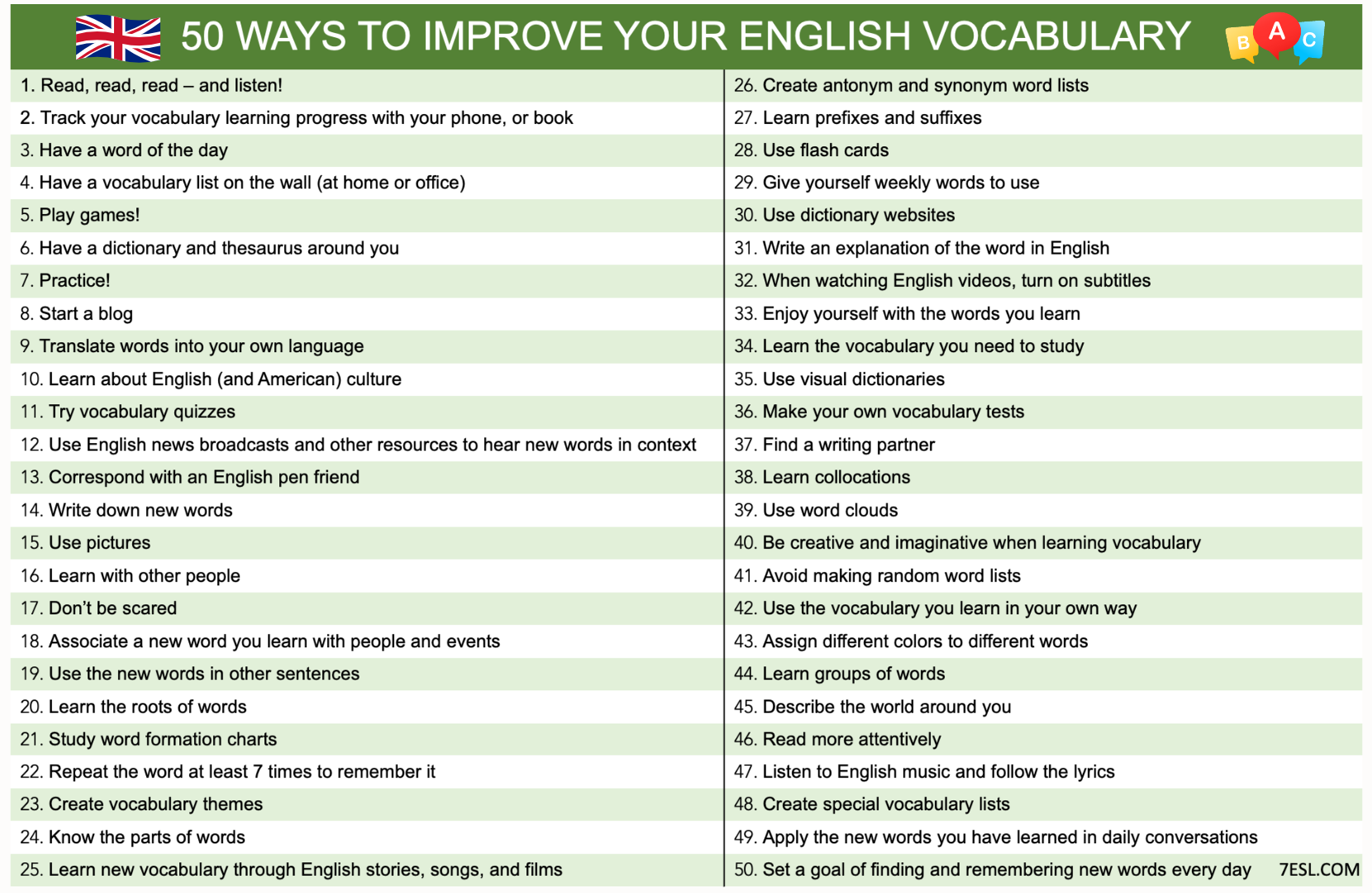
3. Grammar
Grammar is to a writer what anatomy is to a sculptor, or the scales to a musician. You may loathe it, it may bore you, but nothing will replace it, and once mastered, it will support you like a rock.
—B. J. CHUTE
Regarding grammar, probationers should learn from bilingual books such as Basic Grammar by Mai Lan Huong. Once you can build the basics, study straight from grammar Oxford or Cambridge books depending on your level: Elementary – Intermediate – Advance, along with various online qualified sources.
Learn grammar in context: Combine watching bilingual videos about the grammar topics you are learning to see how they use them in natural settings. At the same time, practicing and imitating videos will help promote Pronunciation, Listening, and Speaking skills. Observing images in videos will also help the brain remember more easily. It is more crucial to know how to apply grammatical points in practice, not through completing abundant exercises and still not remembering.
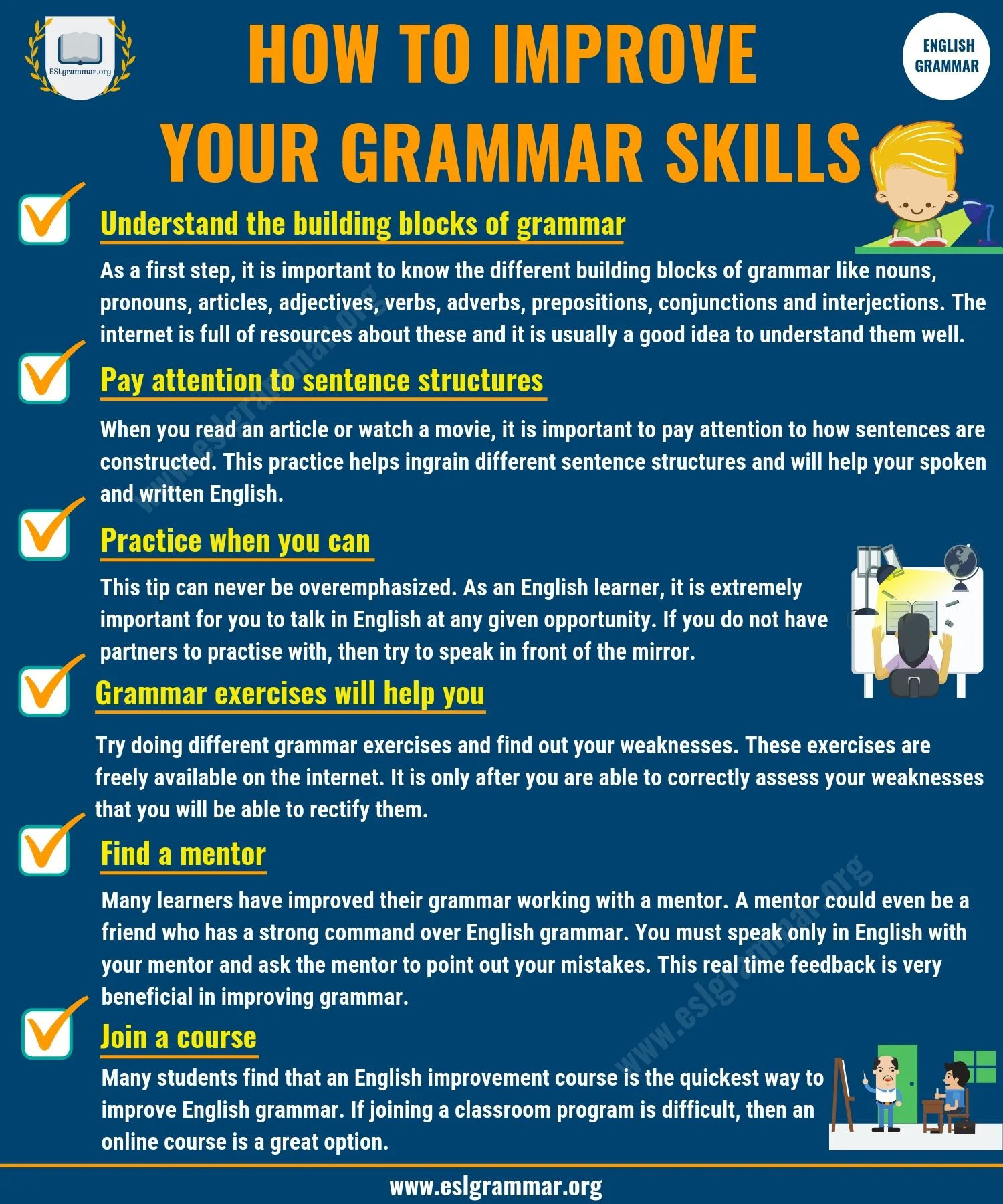
B. SKILLS
Congratulations! You’ve completed the first uneasy stage of the foundation with a fairly long investment. Now, you will continue to challenge yourselves to accumulate four English skills: LISTENING, READING, SPEAKING, WRITING, to become an effective language user.
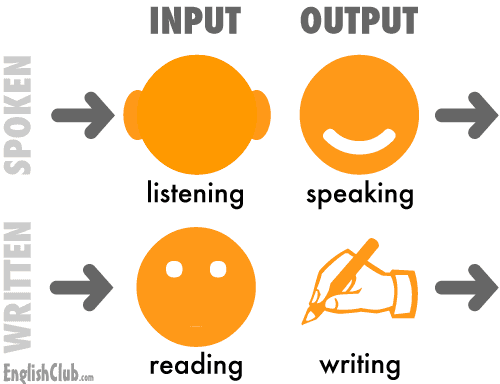
1. Listening
We have two ears and one mouth, so we should listen more than we say.
—DIOGENES LAËRTIUS
You can’t acquire listening skills if you fail to seriously invest in the foundation stage of learning pronunciation, vocabulary, and grammar. So, if you feel that you aren’t stable in the initial stage, let’s return to fostering them now rather than wasting your time and getting bored while trying to listen a lot but ineffective.
This step should be collaborated with pronunciation to simplify the process, as listening skills require immense time for students to grasp the content thoroughly.
Imagine that when learning a foreign language, we are not different from a newborn baby, merely knowing how to listen to what adults say. It takes a baby as fast as more than ten months to be able to babble and say simple words. Thus, the more our brain can be exposed to native speakers’ speech, the more we will soon foster our listening skills.
- To shorten the time and be effective, you should practice listening in integration with the following:
+ Passive listening (unconscious listening): Listen while sleeping, working, whenever possible. The purpose is for the brain to grow familiar with the new language, and over time, it will form the Intonation and Rhythm of the native speaker to speak naturally.
+ Active listening (concentrated listening): Start with simple and slow-paced conversations. Every day, spend a fixed amount of time listening to English subtitles to learn their linking sounds and accentuate their intonation. This stage requires listening persistently and ceaselessly. Though you will feel a bit discouraged sometimes as you don’t see any progress yet. However, once you can genuinely focus on practicing for a few months, you can reach the result earlier, depending on each person’s investment).
+ Critical/Analytical listening (Listen to comprehend): Intensive and Extensive Listening
Listening Practice Through Dictation: Listen to each sentence, write it down, and then review the subtitles. This technique is frequently the most effective and complements other skills, but it takes perseverance.
You should apply Intensive Listening to listen to more complex conversations, that is, listen to the exact one many times until you can understand the entire content. Then, move on to Extensive Listening to improve your listening ability.
Maintain practice: To avoid weakening listening skills, you must cultivate regularly. To avoid getting dispirited, change the listening source invariably (Netflix, TV, YouTube, music, movies, talk shows, reality shows)





Form a habit of practicing these steps every day to avoid losing knowledge.
- After applying Intensive Listening and listening to CNN, BBC, and YouTube in English and understanding 70-80% without too much effort, turn to “extensive listening.” This technique is particularly significant for those yearning to promote translation-interpretation skills and preparing to live and work overseas or in an English-speaking country.
Extensive Listening does not center on details like Intensive Listening but revolves around understanding the speaker’s meaning. When developing “Extensive Listening,” you may lose a word or even a few sentences, but as long as you understand the content. Even if you can catch all the words, you can’t understand what others are saying, which is considered a failure in Extensive Listening.
Thus, learning listening skills requires a strict time investment to realize improvement. There is no wrong or right method and no tricks (just like babies don’t have any tricks to listen to adults and understand them immediately). Just prolong the continuity of practice, and it will definitely be enhanced. While listening, you should focus on the vocabulary, intonation, and mouth of native speakers to imitate, which will help gradually form Speaking skills.

2. Reading
Reading is a gateway skill that makes all other learning possible.
—BARACK OBAMA
Reading and Listening are two core skills contributing to Writing and speaking, as input produces output. When you listen enough, you can speak; when you read enough, you can write.
However, you can’t acquire reading skills if you fail to seriously invest in the foundation stage of learning vocabulary and grammar. So, if you feel that you aren’t stable in the initial stage, let’s return to fostering them now rather than wasting your time and getting bored while trying to read a lot but ineffective.
Choose suitable materials to read and learn vocabulary (see Vocabulary section). While reading, note down vocabulary or phrases you like to use for Writing and Speaking. Simultaneously, see how they use vocabulary according to context, analyze grammatical structures, as well as how they present ideas, and how their writing style is different from Vietnamese.
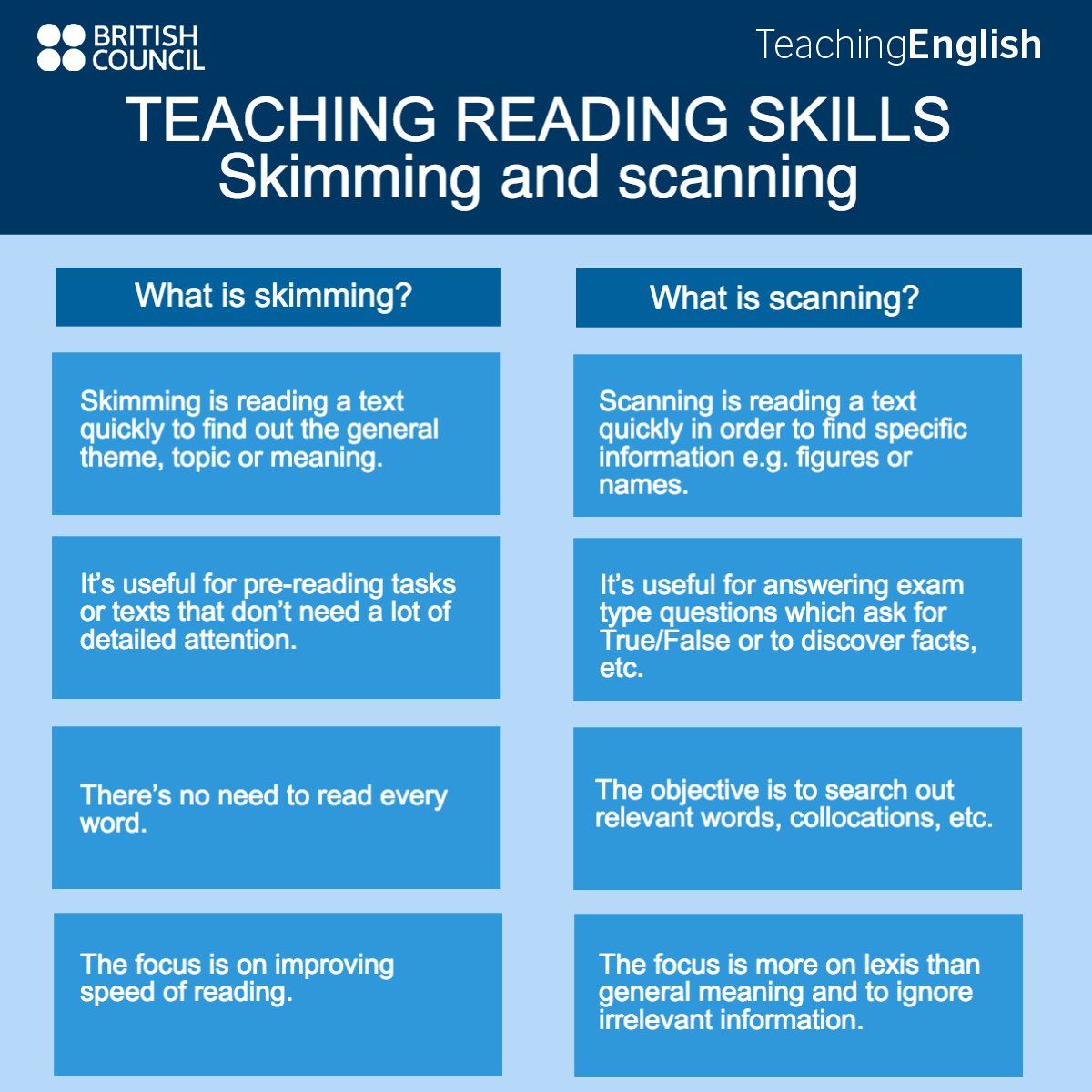
3. Speaking
The only normal way to begin speaking in a new language is to begin speaking badly.
—GREG THOMSON
You can’t acquire speaking skills if you fail to seriously invest in the foundation stage of learning pronunciation, vocabulary, and grammar. So, if you feel that you aren’t stable in the initial stage, let’s return to fostering them now rather than wasting your time and getting bored while trying to speak a lot but ineffective.
Practice speaking from simple conversations collected through the Listening process. Collaborating with friends (online/offline) will be more productive.
If you can’t find a partner, just industriously practice like the process of learning Listening by listening to and imitating native speakers, along with recording your voice for self-assessment or asking someone to comment.
Communicate with predecessors to learn their experience and request them to correct mistakes.
Practice speaking slowly and clearly before speaking well. To possess a good voice, you need to pronounce words clearly and roundly, pay attention to intonation, the rules of connecting sounds, breathing, pausing, volume, expression, and body language.
When completing the basic stage, create a separate vocabulary set for Speaking and practice by topic (IELTS), as many Speaking vocabulary will be different from Writing. If you want to boost your speaking skills, you need to control grammar with fluency.
Thinking in English or communicating reflectively is only for those who already acquired basic vocabulary and phrases, so new students should not worry too much about this issue.
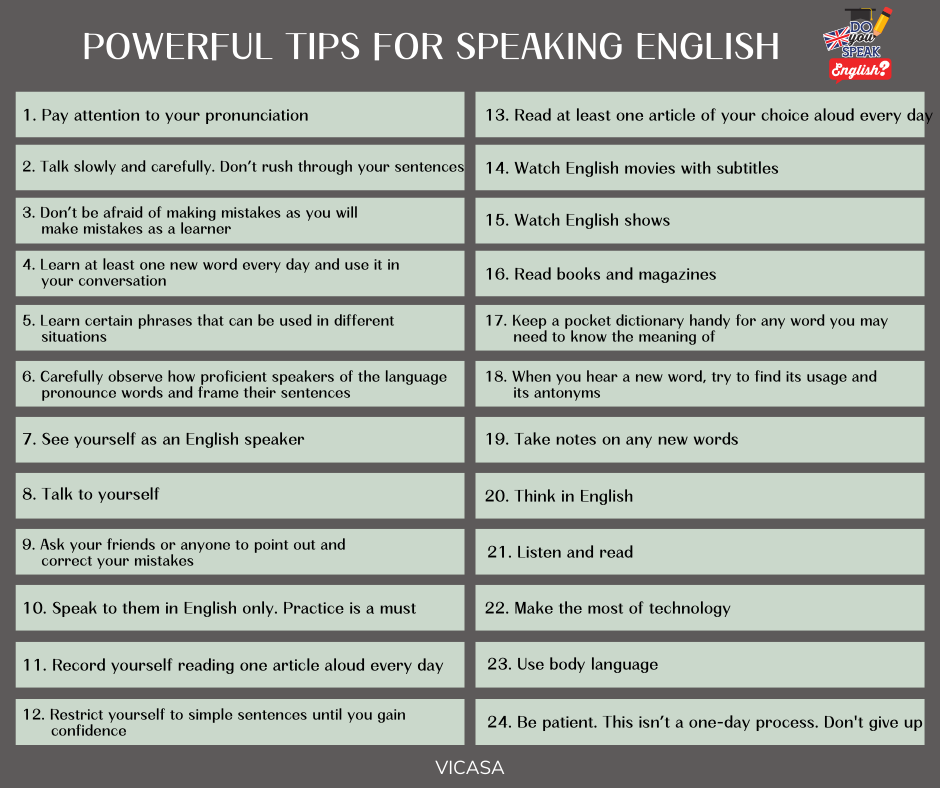
4. Writing
If you don't have time to read, you don't have the time (or the tools) to write. Simple as that.
—KING STEPHEN
Writing is the highest skill to become a proficient English user as learners must have the ability to integrate using vocabulary sources and phrasing grammatically with the understanding of good style. Thus, you can’t acquire writing skills if you fail to seriously invest in the foundation stage of learning vocabulary and grammar. So, if you feel that you aren’t stable in the initial stage, let’s return to fostering them now rather than wasting your time and getting bored while trying to write a lot but ineffective.
- Learn basic grammar firmly, studiously strengthen academic and formal vocabulary, and focus on READING substantially.
- Create a habit of repeatedly doing dictation from natives’ Reading or Writing.
- When beginning Writing, practice composing sentences with all the ideas that come to mind based on the words accumulated from Vocabulary and Reading. Then, ask experienced learners or instructors to correct mistakes and learn from them. Next, develop into writing paragraphs and essays. The more you write, the more experience you will have, and there are no tricks.
- Use a variety of English-English dictionaries to compare, expand, and select appropriate Writing vocabulary: Oxford, Cambridge, Longman, MacMillan, Collocation, Synonyms, and Antonyms.
- When you have the ability to read a dictionary, you must always follow English-English dictionary sources to ensure you are writing in English, not writing English in Vietnamese or word-by-word style.
There are no English-Vietnamese dictionaries that guarantee accuracy. When we first learn, we will look up the English-Vietnamese dictionary to observe the meaning and have to study incessantly until the stage of READING THE ENGLISH-ENGLISH DICTIONARY ON YOUR OWN. Congratulations on becoming an independent learner and no longer frustrating yourself with English.
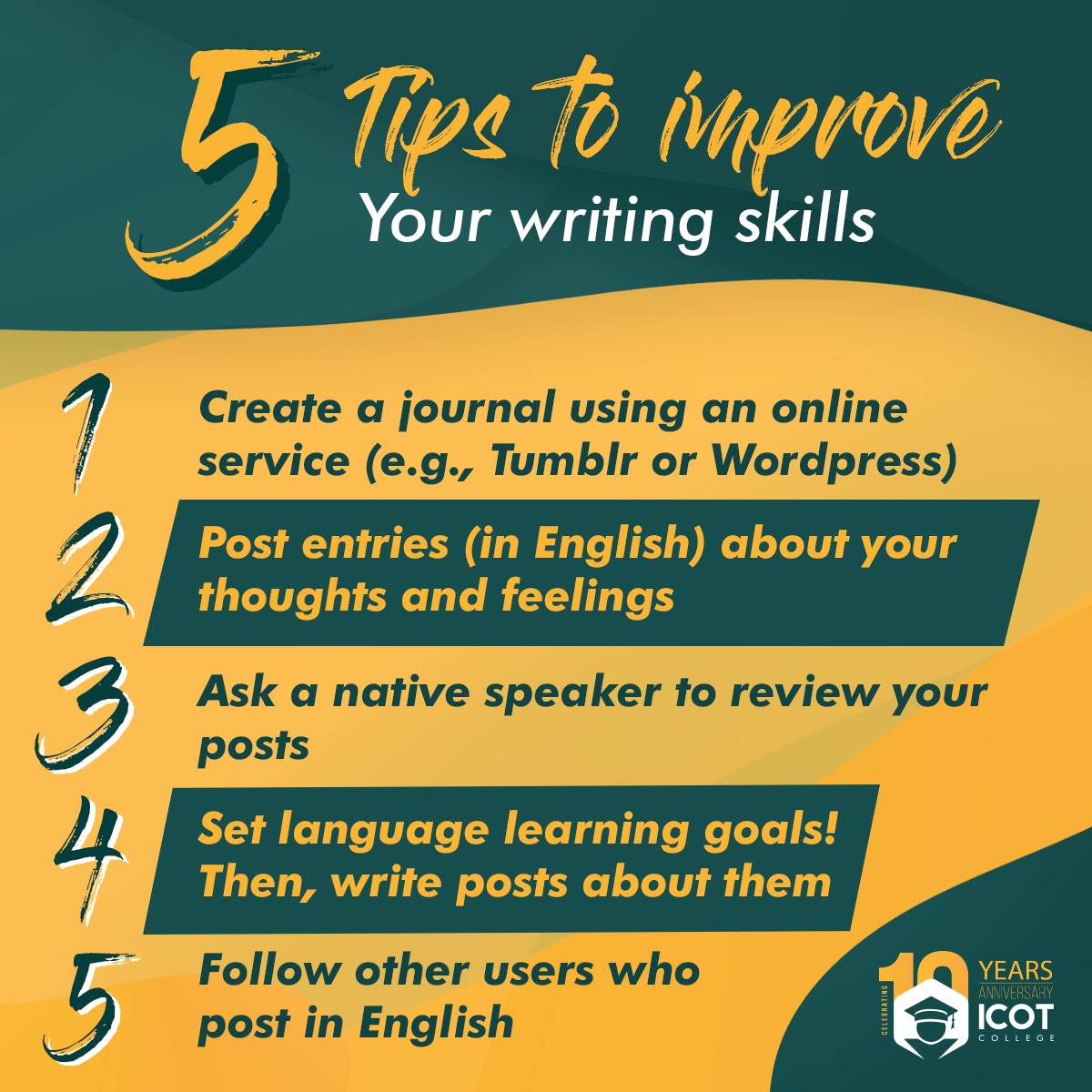
C. PROFICIENCY
Having built firmly and profoundly the first two stages of FOUNDATION and SKILLS, you can challenge yourself to reach English PROFICIENCY by sustaining to go up to the highest level of TRANSLATION and INTERPRETING.
At this stage, the translator’s English should be at least B2 level. Integrate practicing translation skills and have the opportunity to continue acquiring C1 and C2 as during the translation process, learners can absorb a lot of advanced, academic and specialized vocabulary, so your expressions will be expanded and enhanced very fast. Therefore, translation and interpreting is the fastest and most effective way to learn a language.
In the translation and interpreting world, people frequently use the word interpreter to refer to a person who interprets with spoken translations, and and use the word translator to signify a person who translates with written translations. Translators will work with word forms in the text while interpreters will work to translate live conversations. Whether translating or interpreting, the ultimate goal is to convert the language from the source language to the target language so that both speakers and listeners engage in a conversation to understand each other, listen and make decisions together.
Translators and interpreters must be equipped with all vital skills: foreign language proficiency, ability to use language flexibly and logically, professional knowledge, and research, analysis, and synthesis capability.
English-Vietnamese bilingual translation and interpreting is not a simple and effortless job for the Vietnamese, even though English is one of the most popular languages in the world. Reality indicates that numerous people are fluent in both languages but still make basic mistakes in English translation.
Many learners have mastery of grammar and vocabulary but cannot smoothly translate a paragraph into Vietnamese and vice versa from Vietnamese to English. That is very understandable as they fail to grasp the translation approach. Like other skills, translation and interpreting can also be fostered and cultivated if learners are sufficiently passionate and persistent to absorb and practice consistently.
If the interpreter works under substantial pressure with limited time, the translator is given more time and does not require the ability to react speedily and immediately. A translation must ensure fluency, accuracy, continuity and no errors.
Thus, interpreting is more challenging than translating as it requires a lot of experience, practice, and learning from a real-life environment to be able to demonstrate knowledge speedily, efficiently control one’s emotions, and interpret directly in front of the listener so as to convey information productively.
1. Translation
Translation is the act of transferring written material from one language into equivalent written material in another language.
A translator ought to endeavor not only to say what his author has said, but to say it as he has said it.
—JOHN CONINGTON
A. Hard skills (can be acquired through materials or schools)
1. Language knowledge
1.1. Attain bilingual mastery of source language (English) and target language (Vietnamese)
1.2. Expand translation abilities: ceaselessly boost knowledge and enhancing vocabulary
1.3. Has a sound grasp of grammatical structure and bilingual style
1.4. Identify which word structure is used more often
1.5. Use the most understandable, appropriate, and meaningful words
1.6. Pay attention to the context of the sentence
1.7. Consider using common language or scientific terms
1.8. Be able to use language flexibly and extensively
1.9. Cultivate specialized knowledge and translation field
1.10. Understand varying cultures
2. Reading comprehension skills: reading books, taking notes and reviewing them regularly every day
3. Computer assistance
4. Skills to look up and use technology–
B. Soft skills (practical skills)
1. Diligence and perseverance
2. Attention to detail
3. Dependability
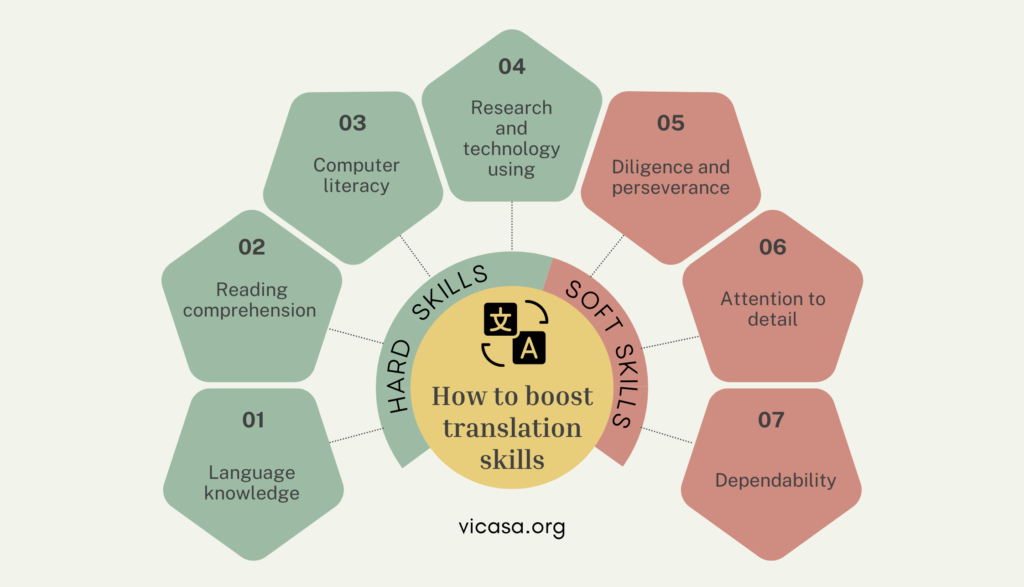
2. Interpreting
An interpretive piece of art does not necessarily have to be attractive; it just has to be true as visualized by the artist.
—EDWARDS STERLING
Interpreting is the act of listening to something in one language and orally rendering (or signing) it in another language.
Interpreting requires more equipped skills than translating as cultivators must dedicate themselves to substantially practice, experience, and learn in a real-life environment to be able to demonstrate knowledge smartly and control their emotions effectively when interpreting directly in front of the audience.
In addition to the skills prepared in translation, interpreters need to promote some of the following abilities:
1. Communication: active listening, speaking skills, confidence, interacting with and connecting partners
2. Organization: goal setting, prioritization, decision-making, strategic thinking and planning, collaboration, time management
3. Flexibility and Adaptability: taking on new challenges, thinking quickly to respond to sudden changes, persisting in the face of unexpected difficulties
4. Emotional regulation: mindful awareness, self-reflection, self-compassion, respect, developing emotional intelligence
5. Pressure management: concentration, maintaining healthy habits, keeping calm in the face of difficulties
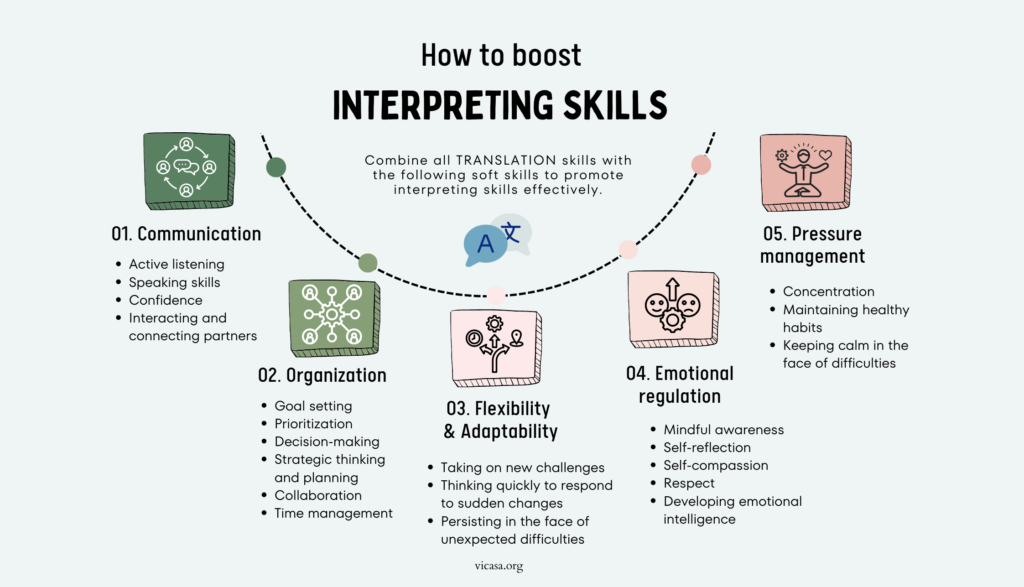
SUMMARY
- For new students, the biggest challenge is learning pronunciation, vocabulary, and grammar. These three essential areas of knowledge determine success or not. If you are passionate, you must seriously identify your path and invest from the beginning. Avoid assuming the idea that learning to communicate and learning to know is because to be able to communicate; you must have a pretty good level of English; not just studying for a few months or a specific route is sufficient.
- In general, the four skills are closely related and complement each other, so let’s try to combine all four while studying and spend REGULAR time to hone the skills EVERY DAY.
When learning a foreign language, you must ask, "How many times have I done (listen/speak/read/write) that word/sentence/lesson?" Don't focus on "right and wrong." If you practice it a lot, it will be correct.
—DO CAO SANG
No one dares to declare to be professional in foreign languages but is solely proficient in certain fields, as knowledge is boundless. There is no magic method or course to learn quickly in a short time to master an entire language. Perhaps it has to be calculated by year or LIFETIME LEARNING. Our brains are not geniuses, so there is only one secret – ‘when you see it often, you will remember it’.
So don’t worry!
Most critically, we must have GOAL-PASSION-PERSISTENCE, then we will soon succeed.
Just constantly make an attempt regardless of time.
—Tue Minh
DON’T RUSH INTO TIME; RUSH INTO EFFORT
- Just a little bit of the writer’s personal English learning experience.
- This material is continuing to be updated.
- Hope this English learning roadmap helps
PRACTICE MAKES PERFECT
Sayalay Vijjāñāṇī (Tue Minh)

